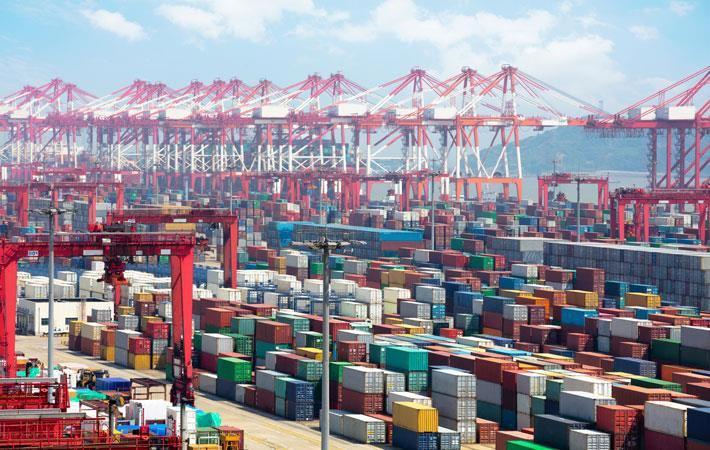US President Donald Trump recently signed into law the ‘Extension of the Caribbean Basin Economic Recovery Act (CBERA)’, which offers preferential duty treatment of some apparel items imported from certain Caribbean countries. The act extends the CBERA till 2030 and is retroactive to September 30 this year, when the underlying legislation expired.
In 2000, the Caribbean Basin Trade Partnership Act (CBTPA) expanded the access offered by CBERA—launched in 1983 and offering providing duty-free access to the US market for certain goods from Caribbean beneficiary countries—to additional goods not covered, including apparel, petroleum products and some agricultural products.US President Donald Trump recently signed into law the 'Extension of the Caribbean Basin Economic Recovery Act (CBERA)', which offers preferential duty treatment of some apparel items imported from certain Caribbean countries. The act extends the CBERA till 2030 and is retroactive to September 30 this year, when the underlying legislation expired.#
The legislation signed by President Trump on October 10 extends the CBTPA provisions of CBERA till September 30, 2030, according to US media reports. The US Senate authorised the 10-year renewal on September 30 this year.
CBERA was launched to facilitate economic development and promote economic diversification in the Caribbean region, according to the Office of the US Trade Representative (USTR).
CBTPA is unique among US trade preference programmes as it requires the use of US-manufactured yarns or fabrics in finished apparel goods eligible for trade benefits, supporting many jobs in the US textile sector.
The CBPTA was first passed in 2000 as Public Law 106-200, the Trade and Development Act of 2000. It has been renewed every 10 years since then. CBTPA beneficiary countries are Barbados, Belize, Curacao, Guyana, Haiti, Jamaica, St. Lucia, and Trinidad and Tobago.
Haiti was a key nation that advocated the renewal of the CBTPA on behalf of the Caribbean region this year. In a statement, the Haitian embassy in Washington, D.C, said the step will enable eligible countries to compete with China and other Asian apparel suppliers.
Fibre2Fashion News Desk (DS)
